Fugitives Bonnie Parker and Clyde Barrow, played by Emma Olsen (11) and Jack Hubschmitt (12) of the student written one-act play “The Ballad of One Bonnie Parker,” held each other in their arms as the blinding light of gunshots shone upon them, taking their final breaths in a passionate display of romance enveloped in criminal insanity. As the couple fell together, Gianni Ly (12) watched with pride, his production having come to a close after the two shows on May 9 and 10.
Ly was inspired by a Writing Seminar project from junior year, a story revolving around Bonnie and Clyde: two American outlaws of the early 1900s. Written specifically from Bonnie’s perspective, the play focuses on an idealized version of the American southwest, the outlaw’s perpetuation of violence, and the idea of how far one would go for love.
Ly found the uncharted territory of playwriting difficult to navigate after having only brief experience in screenwriting.
“I didn’t know how to write the action while engaging all parts of the stage because it’s a very different format,” Ly said. “The stage plays a big part because everything happens at once, the audience doesn’t choose where to put their attention, and you can’t choose what they’re going to focus on,”
Director Meredith Dahl, who brought the play to life, used her experiences in directing to help her set up the movement.
“One of my pet peeves as a director is when I watch a show and they’re just standing and talking,” Dahl said. “The action is pretty easy, but the harder parts are those moments when it’s quieter and you have to find ways to still make that interesting and engaging without actually moving your body.”
Part of Dahl’s inspiration was drawn from her own experiences in acting, determining what worked and what didn’t. She found this especially impactful when choosing movement for more intimate scenes, such as lulls in fights between Bonnie and Clyde.
“Something I always try to do as an actor is figure out with my monologues what’s external and what’s internal,” Dahl explained. “When it’s just scenes with Bonnie and Clyde, I think ‘what do I want Bonnie to be saying to Clyde,’ or ‘What do I want Bonnie to be saying to herself,’ and then I create that movement.”
ZWhat made this play distinct from others was the addition of musical compositions played behind the acting.
“We knew from the beginning that music would add a layer of complexity to the entire process because you do the whole process in three weeks of rehearsal, so no one usually writes musicals,” Dahl said. “It was interesting when this play came together because the people in the audience have never even heard these songs that are going to be in the play.”
Anh Vo (12), the musical composer of the play, found writing the music to be more straightforward of an experience than he was used to.
“I had limited resources because usually I would orchestrate a whole pit orchestra, but we couldn’t open the entire pit just for a 10-minute one act,” Vo said. “It made it a lot simpler to arrange because I could just focus on what needed to be there and what would bring the singer forward.”
Even though he has years of experience in music composition, Vo attributed a large portion of the credit to his friend Leo Cano’s (10) improvisation.
“I kind of just handed Leo the music, which was a blank score for the drum set, and knew he was a good musician and could improvise on the spot,” Vo said. “So we went directly to the recording and didn’t even rehearse it.”
Due to this spontaneous element, the primary thing Vo focused on was maintaining the mood that Ly had intended for the music.
“There’s a lot of patterns that are associated with certain moods,” Vo said. “When I want it to be sad, I would make it slower, write it in a minor key, and use more dissonant chords.”
Having completed this experience, Ly and Vo are both proud of their final piece.
“I think that the music was a showstopper that separated the play from others, “ Ly said. “My script wasn’t anything out of the ordinary, but the music really made it.”




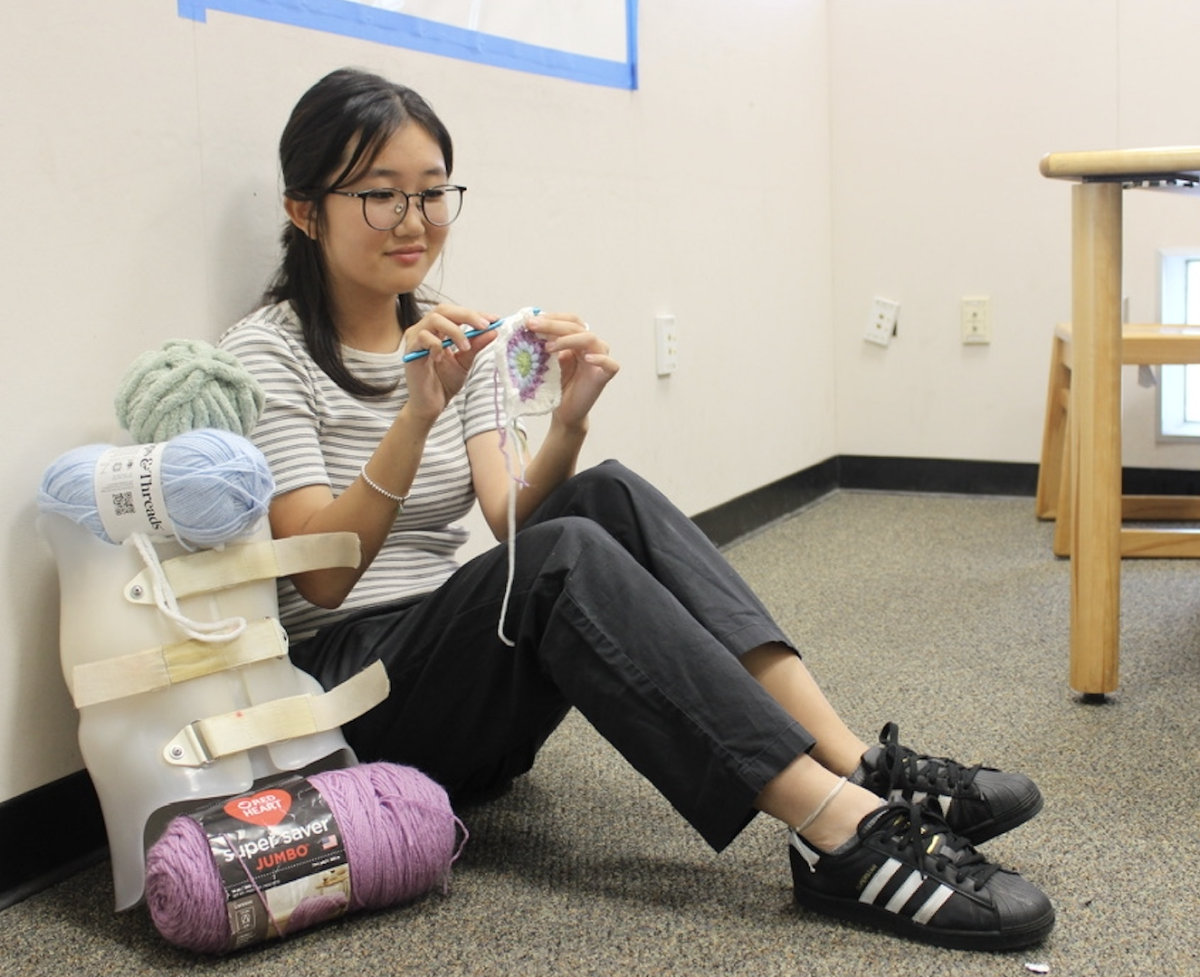
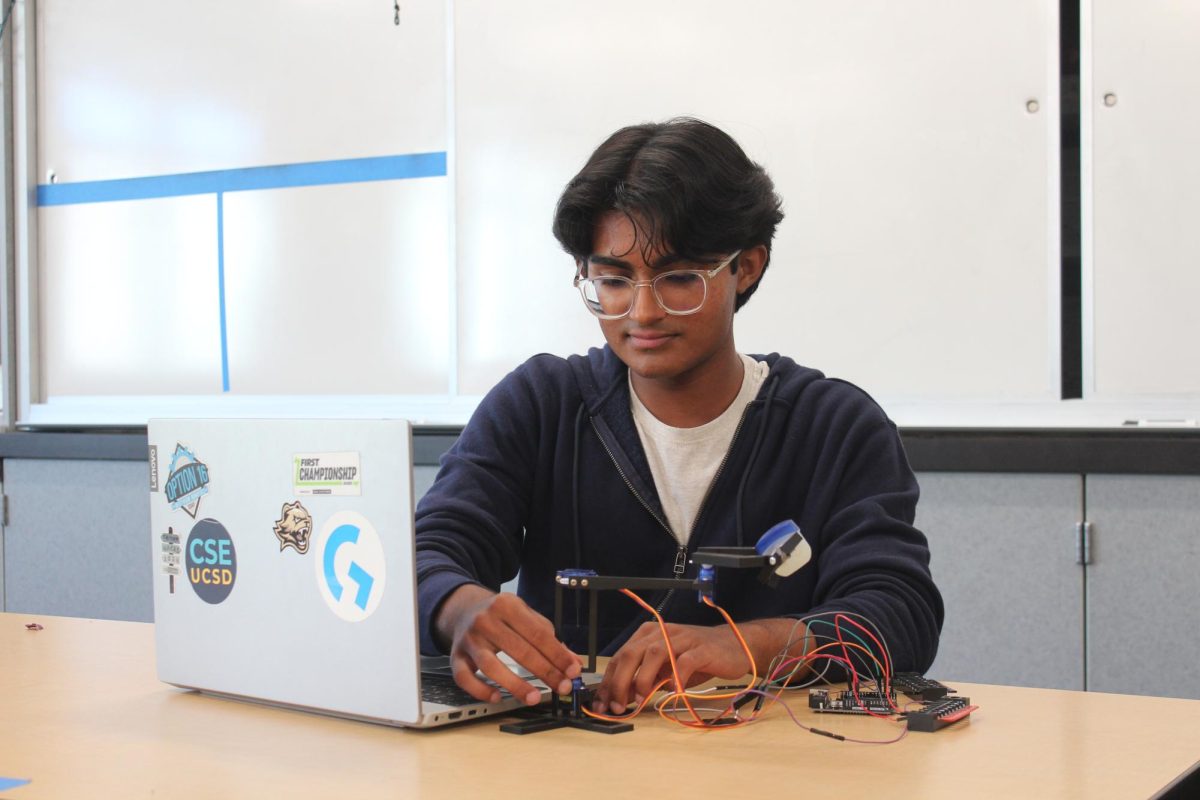



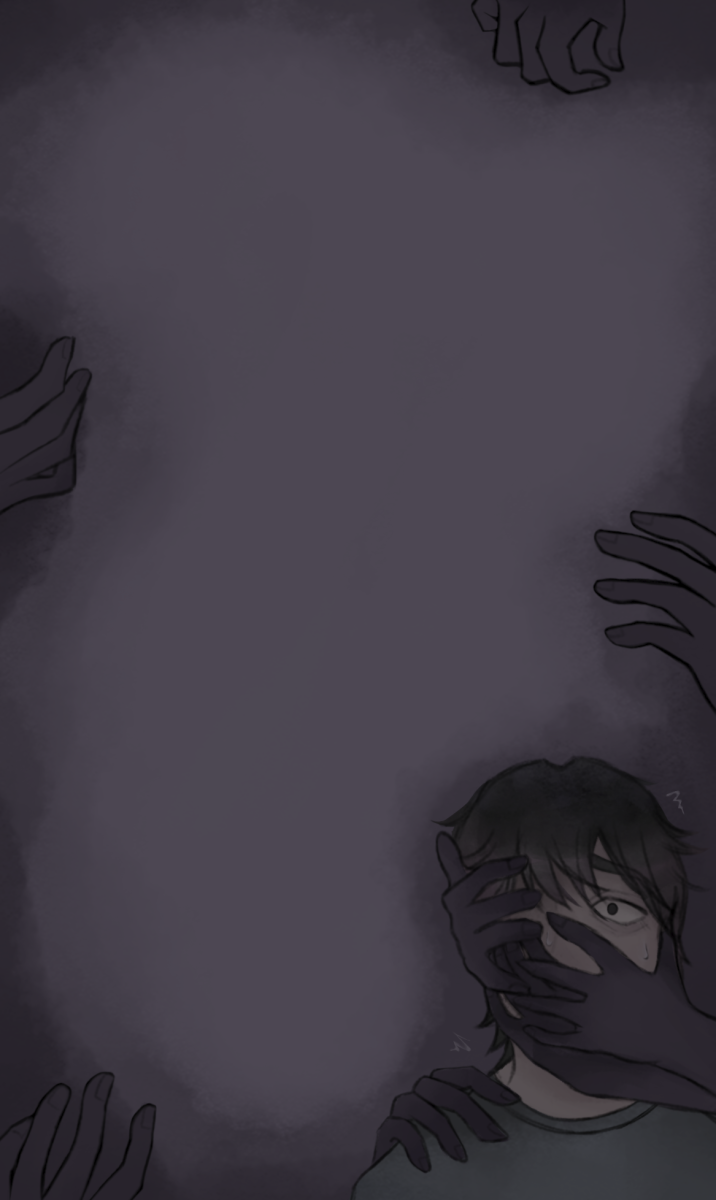
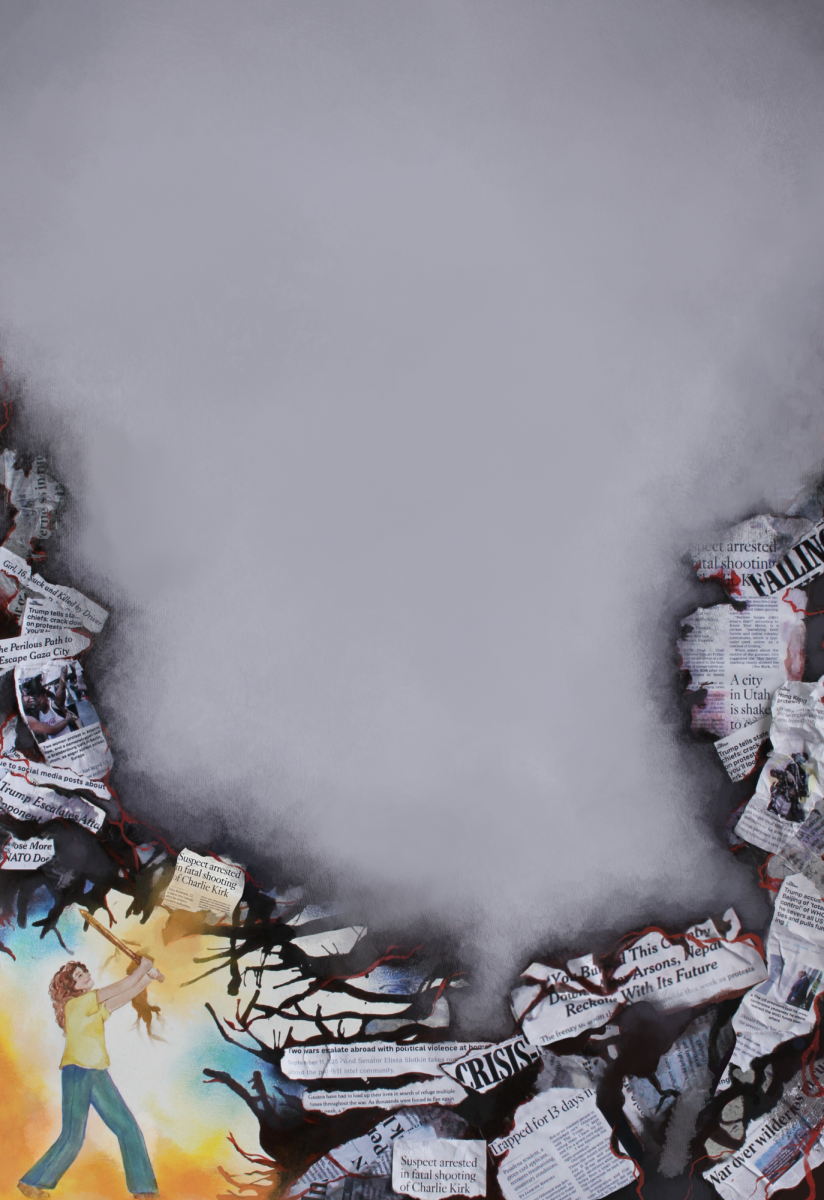
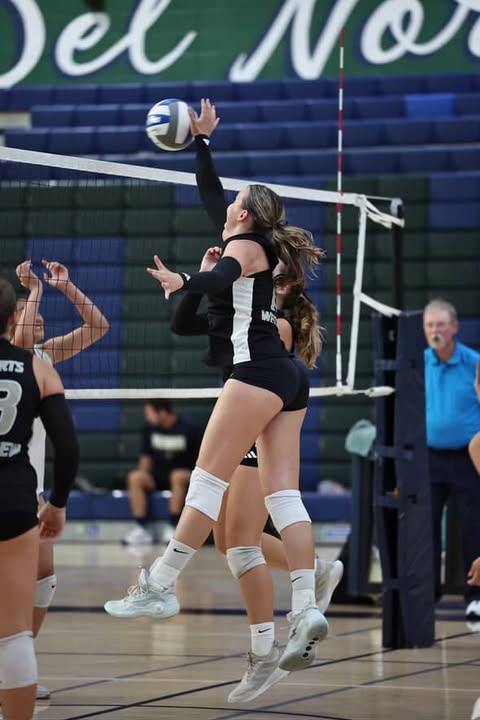
![Jolie Baylon (12), Stella Phelan (12), Danica Reed (11), and Julianne Diaz (11) [left to right] stunt with clinic participants at halftime, Sept. 5. Sixty elementary- and middle-schoolers performed.](https://wvnexus.org/wp-content/uploads/2025/09/IMG_1948-800x1200.png)